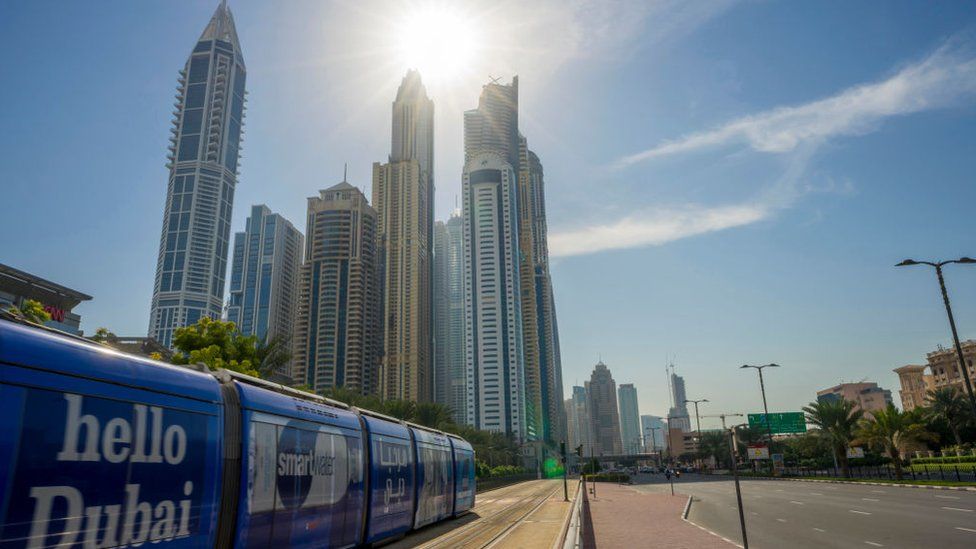-

-
-
Loading

Loading

World leaders are currently gathering in Dubai for COP28, the 28th annual United Nations climate meeting. The summit, which will take place from November 30 to December 12, 2023, aims to address the urgent need to tackle climate change. This comes after a year of extreme weather events that have broken numerous climate records. COP28 will focus on how governments can limit and prepare for future climate change. The conference is being held in Dubai, United Arab Emirates (UAE), one of the world's top 10 oil-producing nations. Interestingly, the UAE has appointed the president of its state-owned oil company, Sultan al-Jaber, as the president of the COP28 talks. This decision has sparked controversy since oil, gas, and coal are major contributors to climate change due to the release of greenhouse gases when burned. Mr. Jaber's oil company plans to expand its production capacity, and leaked documents suggest that the UAE intends to use its role as the host to strike oil and gas deals. Despite this, Mr. Jaber argues that his position allows him to push for action from the oil and gas industry. He claims that as the chairman of a renewable energy firm, he has overseen the expansion of clean technologies such as wind and solar power. The main objective of COP28 is to maintain the goal of limiting global temperature rises to 1.5C. This target is crucial in avoiding the most damaging impacts of climate change. Currently, long-term warming stands at around 1.1C to 1.2C compared to pre-industrial times, but estimations suggest the world is on track for 2.4C to 2.7C of warming by 2100. Apart from the existing Paris Agreement goals, COP28 will also focus on issues like health, finance, food, and nature. Over 200 governments have been invited to participate, although US President Joe Biden and China's Xi Jinping are not expected to attend. UK Prime Minister Rishi Sunak and King Charles, representing Buckingham Palace, will be present. There is anticipated disagreement regarding the future of unabated fossil fuels. Mr. Jaber has called for a phase-down in their use, while the European Union is likely to advocate for a complete phase-out. Climate campaigners argue that restricting agreements to unabated fossil fuels still allows for some production and that capturing emissions on a large scale is not guaranteed. The issue of financing will also be of concern at COP28. At the previous COP27, a loss and damage fund was established for richer nations to support poorer ones facing the effects of climate change. However, the specifics of how this fund will work remain unclear, and countries like the US have ruled out paying climate reparations for their historical emissions. Critics of previous COPs accuse the summits of "greenwashing," where countries and businesses promote their climate credentials without making significant changes. However, the COP meetings have the potential to facilitate global agreements that surpass national measures in addressing climate change. In the midst of this event, there is an opportunity for individuals to submit questions about COP28. These questions can cover various aspects of the summit and will be published with the names, ages, and locations of the question askers, unless specified otherwise. The contact details will remain confidential.